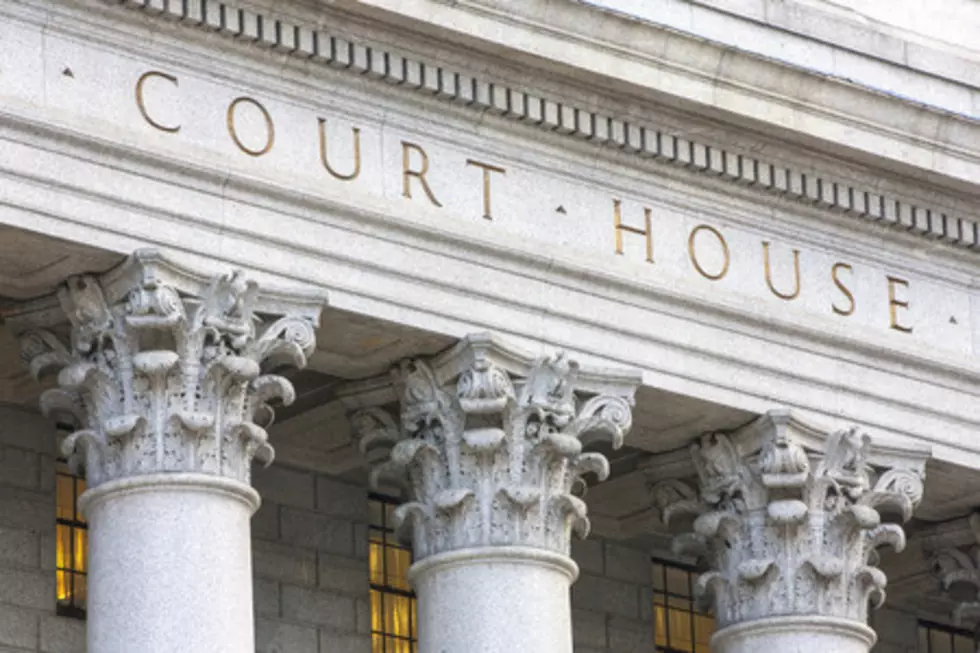
U.S. Supreme Court Denies Petition from Mill Bay Members Association after Unsuccessful Federal Lawsuit
The Mill Bay Members Association’s petition against Wapato Heritage LLC was denied by the U.S. Supreme Court on Oct. 3, after the court sided with the defendants back in June.
The Mill Bay Members Association is a coalition of tenants who used to live on the Mill Bay RV Park, a property located in the Lake Chelan area.
Things came to a head in the summer of 2020 when a federal judge ordered 170 residents to leave the RV park, where they had lived in since 1984.
This eviction resulted in a near two-year federal lawsuit seen in the U.S. Court of Appeals for the Ninth District.
The United States Department of the Interior Bureau of Indian Affairs (BIA) and the Confederated Tribes of the Colville Reservation were named defendants in the Eastern District Court case in Spokane.
During this case, Wapato Heritage counter-sued, stating that the RV Park was sitting on MA-8 land, or Native American sanctioned land.
In the early twentieth century, the United States had a parcel of land labeled the Moses Allotment No. 8 (MA-8) and gave it back to Native American Chief Nekquelekin (Enkawhakekum), or Wapato John, under the Act.
Wapato John’s descendents maintain what is now known as Wapato Point.
This case officially started back in 1979, when William Wapato Evans Jr., a descendent of Wapato John, decided to develop an RV Park on the land.
In 1984, Evans signed a Master Lease to develop the Mill Bay RV Park, which leased out the land to Evans for a 25-year term with an option to renew for a second term.
Residents were initially contracted to rent the land until Feb. 2, 2034 during the second term of the lease.
In 2001, Evans sought to close the RV Park, resulting in the tenants threatening legal action.
Evans died during that legal process, with most of his assets being distributed to Wapato Heritage LLC, including his rights under the Master Lease.
His death resulted in a settlement agreement that transferred rental payments to Wapato Heritage.
In 2007, both the association and the BIA were delegating on whether Evans renewed their lease in 1985, later finding out that Evans wrote a letter to the BIA to renew the lease for a second term. He never received a response.
BIA asserted that he didn’t officially get a second term on his lease and that the residents needed to vacate the park in 2009. However, BIA failed to notify the RV Park tenants about the lease expiring in time, which made the association file another lawsuit.
This legal process lasted for nearly 13 years.
Finally in 2021, the U.S. Eastern District Court ruled in favor of the defendants, with the U.S. Court of Appeals for the Ninth District following suit in 2022.
More From NewsRadio 560 KPQ









